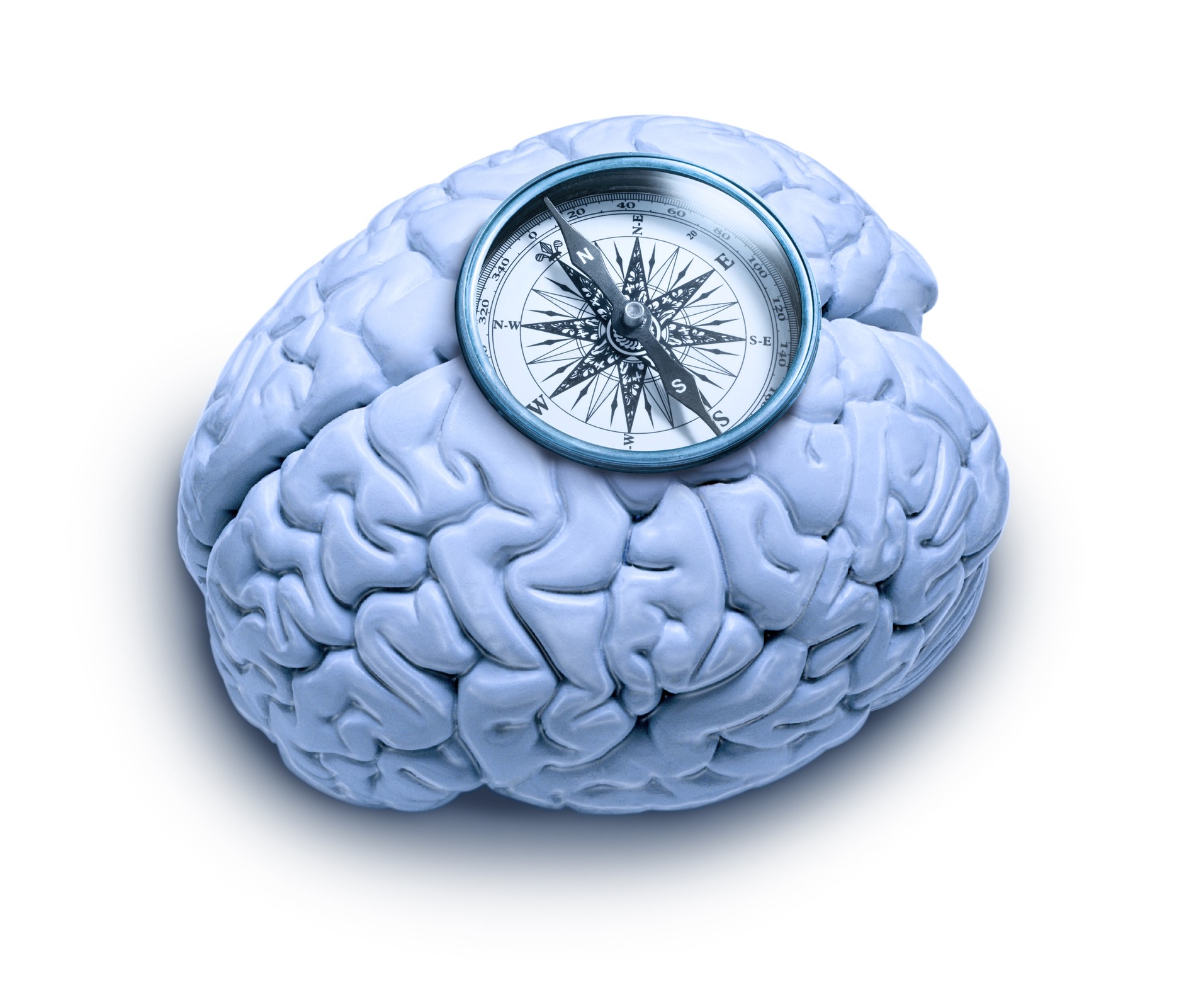
Neuropsychology is a highly specialised field, and any person conducting a neuropsychological assessment would need to be a registered Neuropsychologist, Clinical, Counselling or Educational Psychologist, having the necessary additional expertise. This is important for several reasons:
Being a Full Member of SACNA is a peer-recognised indication of expertise in clinical neuropsychology in addition to that achieved in South African Masters level professional training in Neuropsychology, Clinical, Counselling and Educational Psychology, or training received outside of South Africa. The process of becoming a full member has the objective of preparing a psychologist to practice neuropsychology in a variety of different clinical and medico-legal contexts.
Even with the advent of the opening of the new category of Neuropsychologist with the Health Professions Council of South Africa (HPCSA), full membership of SACNA would be a mark of distinction beyond that registration.
For a full description of the relationship between statutory registration and SACNA peer credentialling, click here.
The SACNA Membership Criteria, and the nature and process of accreditation for Full Membership, are all presently under review (which will result in changes to Part 2). Before candidates are eligible to become Full Members, they must be registered with the Professional Board of Psychology of the HPCSA as a Neuropsychologist, Clinical, Counselling or Educational psychologist and must have been working in the field for at least two years.
The credentialling process consists of two parts: a knowledge exam and a process of peer reviewing of independently prepared case reports. Those who are registered as Neuropsychologists and who completed a Neuropsychology Master’s degree are exempt from the knowledge exam. The exam may be written prior to gaining two years of experience and the process of gaining supervision of reports may be started, but registration as a full member cannot take place before this two-year experience requirement.
1. Applicants are expected to be familiar with the neuropsychological literature. The SACNA knowledge examination necessarily calls upon a solid base in the area of clinical neuropsychology and is not easy to pass.
2. Candidates are expected to know some basic neuroanatomy regarding the brain, pathological conditions, syndromes related to different lesions, and theories of measuring deficits (Lezak et al., 2012). There are also some questions on neuro-rehabilitation and cross cultural issues. Further reading to broaden your knowledge is recommended.
3. To download the reading list of core texts pertaining to the examination, click here: Reading List and Recommendations by Section – December 2021 Printer Friendly text:- Reading list and recommendations - printer friendly version
- For assistance in gaining access to articles, please email Nicole Botha (Administrator) [email protected]
4. Exams are scheduled at the end of March and September each year, with location varying according to demand. Candidates are allowed 3 hours and 15 minutes to answer the multiple-choice questions on a single paper.
5. To register, apply to the Chairperson of the Credentialling Committee, providing your category of registration, years of experience, location, and email. Applicants must be paid-up Associate members of SACNA in the year they write and will be required to pay an administration fee of R1000.00, each time they sit the examination.
- To register, apply to Nicole Botha [email protected], providing your category of registration, location, and email.
5. The administration fee can be deposited into the SACNA bank account. Please send proof of payment to [email protected].
SACNA bank details:
Account name: South African Clinical Neuropsychological Association
Bank: Investec Bank Limited
Branch code: 580105
Account number: 10012310624
Reference: EXAMS (name)
After passing the exam, you may mention in your CV that you have passed the SACNA knowledge exam, but need to add: “ Passing the SACNA exam constitutes partial fulfilment of the requirements for being accredited as a full member of SACNA: the second part of the credentialling process has still to be completed". Passing the exam is an achievement in itself. Some people do not have the necessary exposure to neurological cases to be able to go on and complete the second part of the credentialling process.

The initial cost per report submitted for review is R2,250. If it is not rejected by the first reviewer, it will be sent to a second reviewer for further evaluation at a possible additional cost of R2,250.
1. Upon successful completion of the examination (or exemption from examination), candidates will be asked to submit their CV to give some indication of their experience with neuropsychological cases. Full membership can only be granted once at least two comprehensive neuropsychological reports of a standard acceptable to the SACNA Credentialling Committee have been passed. The reports must be on patients of varying ages, cultural backgrounds, and diagnoses.
2. Depending upon the degree of experience, it may be requested that the candidate should seek supervision in conducting neuropsychological assessments and writing reports on such assessments. This would particularly be the case where the applicant is not working in a neurological setting. The supervisor would then determine when the candidate was considered to be able to work independently and provide a letter of support to the Credentialling Committee, for submission with independent reports. Even where the candidate is working in a neurological setting, supervision from a SACNA supervisor may be requested, or it may be decided that guidance from the Credentialling Committee in the form of feedback on reports will be sufficient. Reports should only be submitted once the candidate has acquired substantial experience in the field of neuropsychology, including on cases with varying pathology (exposure to cases of TBI alone and the occasional dementia will not suffice). Credentialling is a process, takes time and several reports may need to be submitted to the committee until it is agreed amongst the reviewers that the required standard has been reached.
3. IMPORTANT: The reports submitted for credentialling review and the assessments on which they are based, must have been completed WITHOUT supervision. In other words, the submitted reports themselves must be based on cases managed completely independently from inception through to completion of the reports. Reports completed as part of a supervision process may not be submitted for credentialing purposes.
4. Reports should ideally be submitted for credentialling review within 12 months of successfully passing the knowledge examination. However, it will not be unusual for a candidate to require more time to gain relevant experience, and/or adequate supervision, in which case this should be motivated and will normally be approved by SACNA in the interests of the candidate acquiring the relevant skills prior to submission of an independent report.
5. The Credentialling Committee can recommend supervisors from among SACNA full members to assist candidates with the interpretation of test findings and report-writing, although candidates may call upon the supervision of someone of their own choice if they believe that person to have sufficient experience in the area. Payment will need to be negotiated with the supervisor and is normally in accordance with the hourly recommended rate for professional psychological services.
6. When assessment reports are submitted, feedback will be given within approximately six weeks. Further reports may be requested, integrating the suggestions made in the feedback. This would constitute part of the supervisory process and should be of help to candidates (providing clinical insights or suggestions with regard to interpretation and/or formulation). Alternatively, further reports showing experience with child assessment, with patients from a disadvantaged background, with language and cultural issues, or with more varied diagnoses, may be requested.
A series of aids are strongly recommended for conducting a neuropsychological evaluation, and for use during the preparation of case reports: